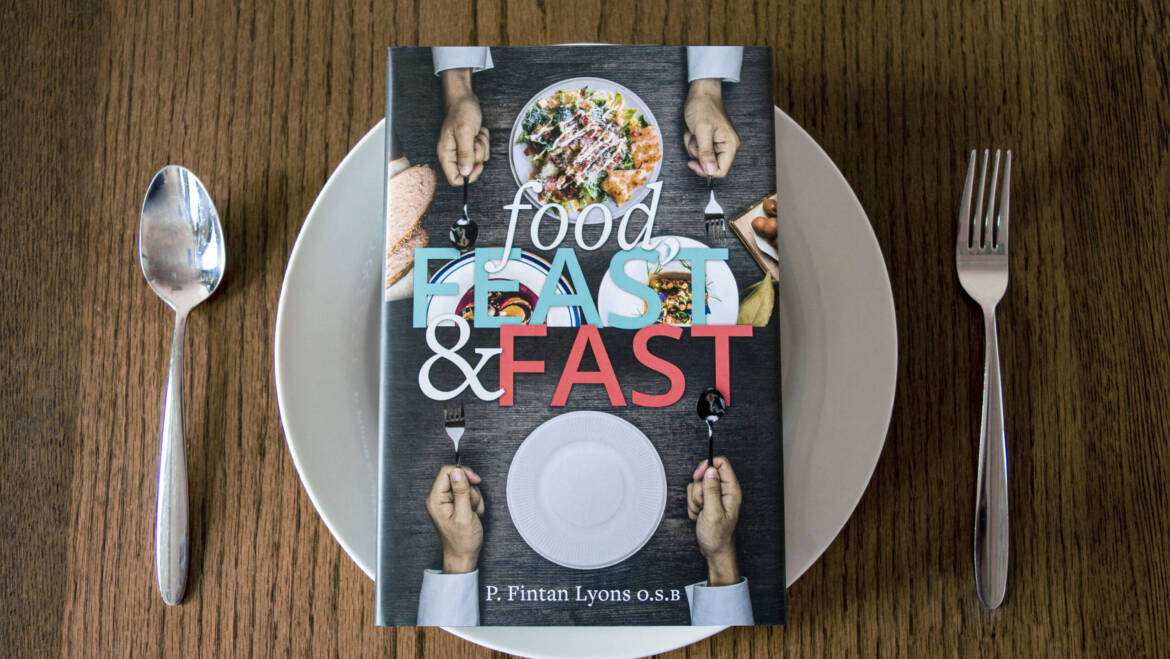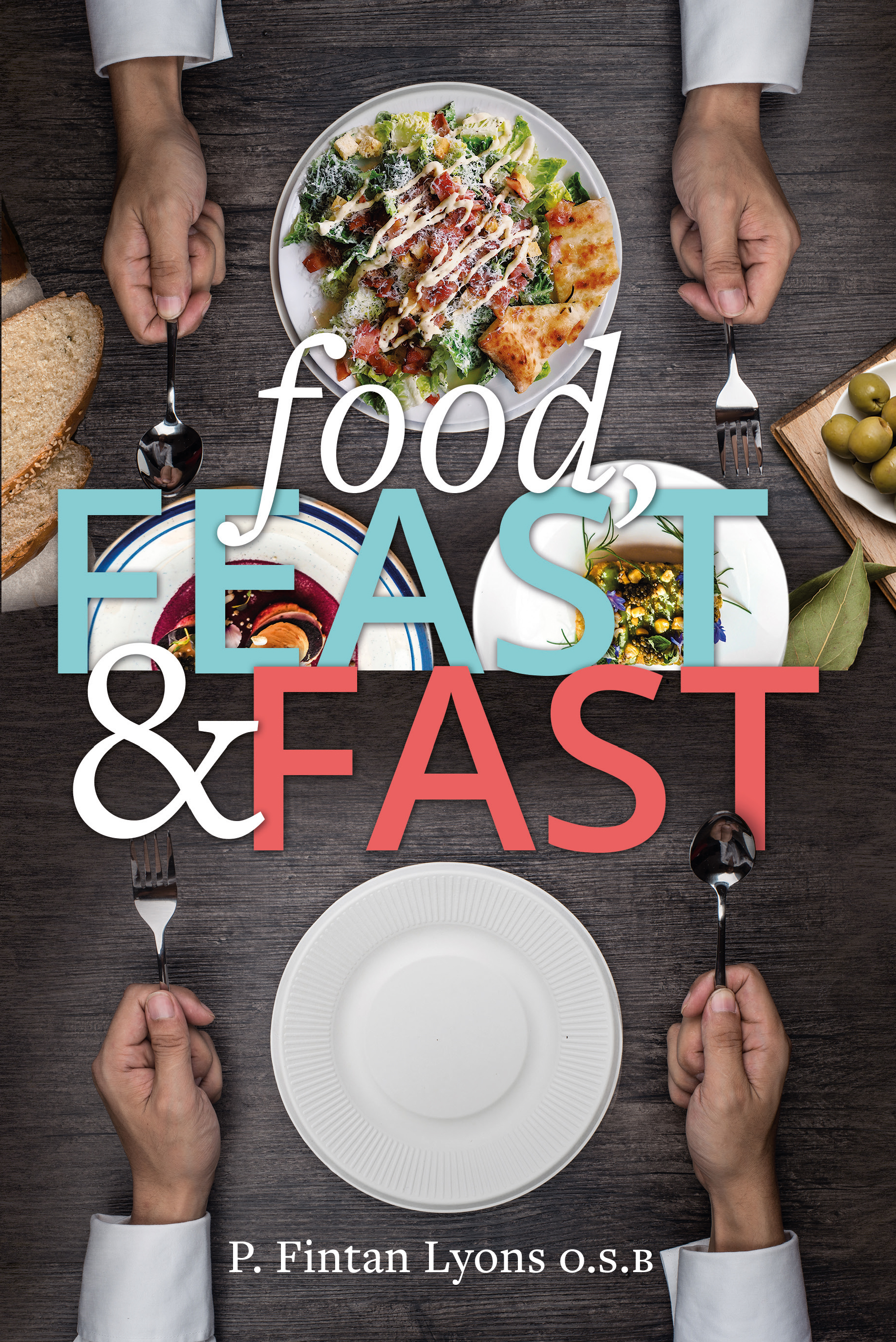P. Fintan Lyons’ latest book as rightfully been termed ‘a theology of eating’ and when it comes to humankind’s, and especially Christianity’s very important relationship with food, the book doesn’t disappoint.
Food, Feast & Fast delves into the intricacies of this relationship we share with food items, with the very act of eating – the way we eat, what we eat, when we eat, and how we eat. It traces incidents and personalities across history that formed the very foundation of Christian events and traditions. When did we start using a fork? Why was meat banned but not fish? Why were the religious intent on associating penitential and devotional acts with food habits?
The author journeys through time, from the cradle of Christianity to the establishment of the Vatican, from celebratory traditions surrounding Christmas and Easter to the difficulties of Black Death and the Reformation, covering the eccentricities of Popes and the diktats of monks, all within the context of food and eating.
A must-read for the Lenten season, understanding the reasons behind why and when we fast will only further enforce our conviction in our thoughts, actions and Faith in this holy period.
Food, Feast & Fast
The Christian Era from Ancient World to Environmental Crisis
P. Fintan Lyons OSB
€19.99 €15.00
Praise for Food, Feast & Fast
“In prose that is always clear, considered, and insightful, Lyons weaves together an impressive body of historical and theological literature to argue that ‘the role of food, feast and fast in the Christian life’ must now speak to what he calls ‘the looming environmental crisis’, with answers that are both spiritual and political.”
Dr. Richard J. Butler
School of History, Politics and International Relations
University of Leicester
“Many of us would not label our daily meal a feast. In fact, we probably take eating for granted unless we are food insecure or live in poverty. We fast out of necessity for health reasons, not religiously. Moreover, for many eating is something that is just done, with little thought and no fanfare. Unfortunately the same can probably be said for the way that many Christian believers approach the Holy Eucharist – we take it for granted and do not even think of it in terms of food or sustenance, much less a feast. Fintan Lyons, OSB challenges these attitudes towards food, feasting and fasting in this wide-ranging yet accessible introduction that is, in the end, a theology of eating.”
Professor Greg Peters
Professor of Medieval and Spiritual Theology
Biola University
“Lyons invites us to reflect upon the connectedness between what we profess and how we act in relation to our consumption of the fruits of the earth, the value we place upon shared meals as opportunities for deepening friendships and building community, and what can at times be an over-casual approach to celebrating the liturgy and especially the Eucharist. He is very much on the same page as Pope Francis in his demand of an integral ecology that is attentive to the plight of our planet and of the poor. It has been said that no one should be entrusted with a leadership role in the Christian community unless s/he can throw a good dinner party. This book explains why.”
Father Eamonn Conway,
Professor of Systematic Theology,
Mary Immaculate College, University of Limerick


